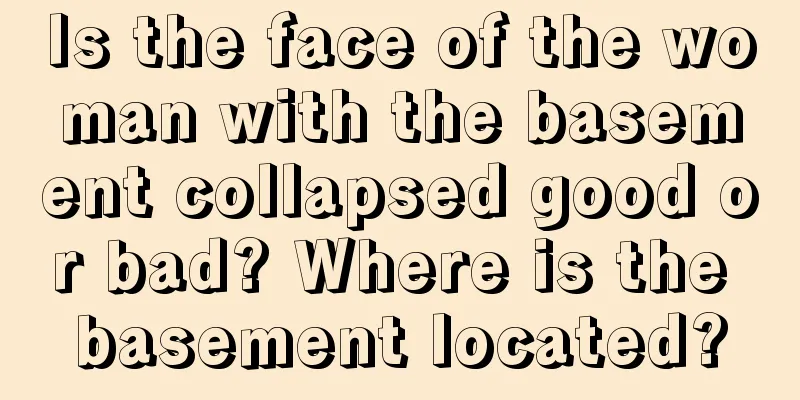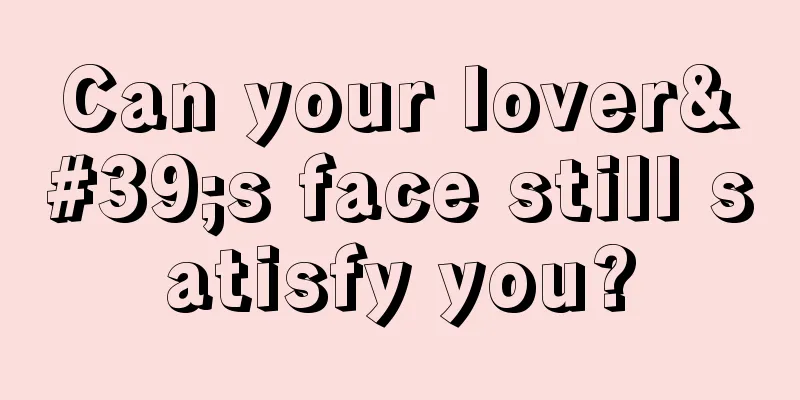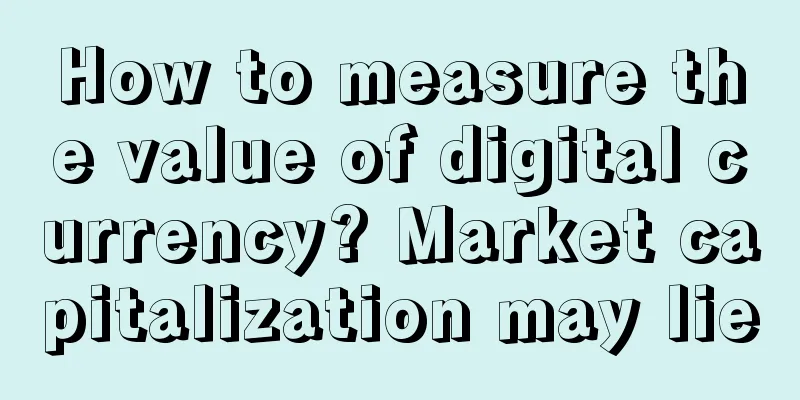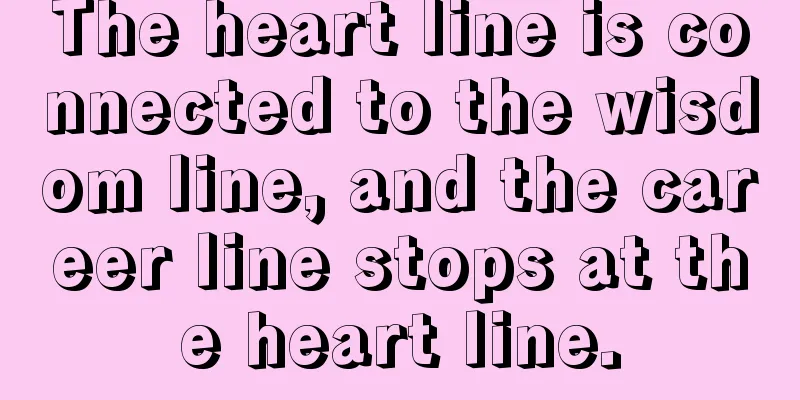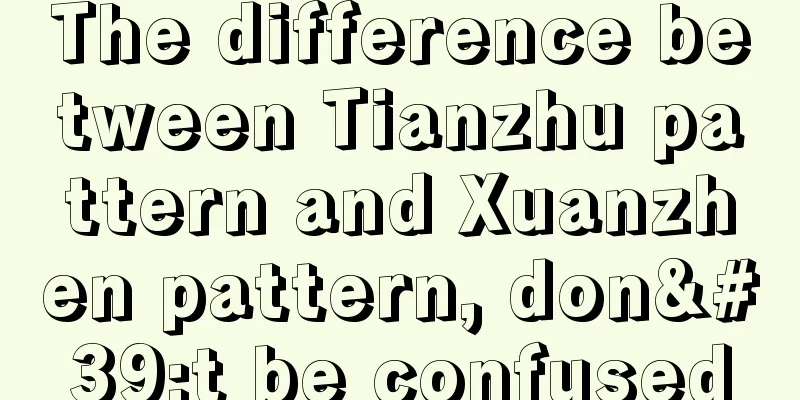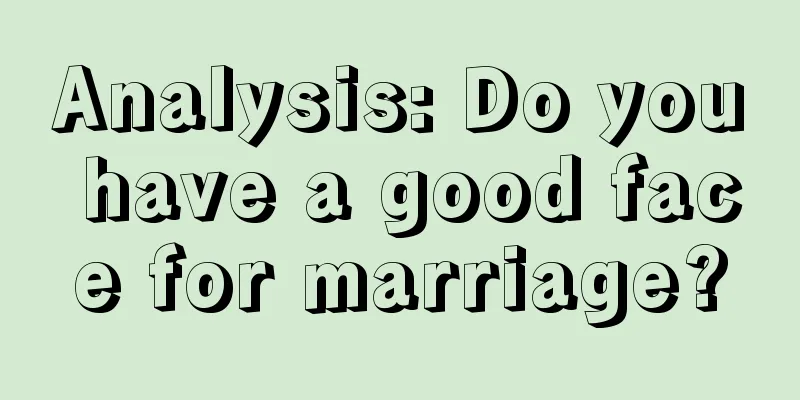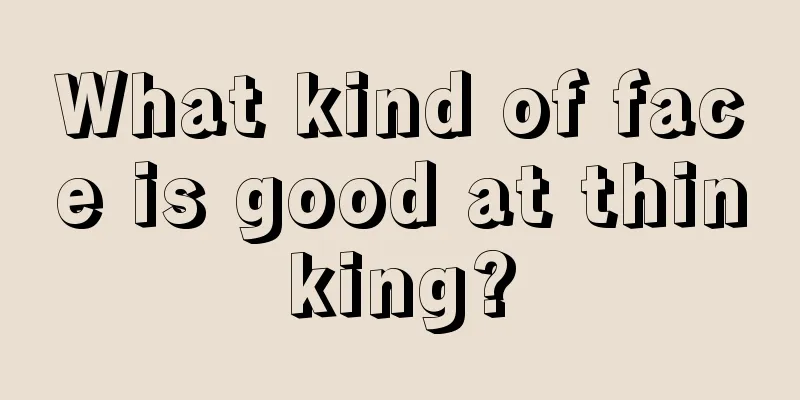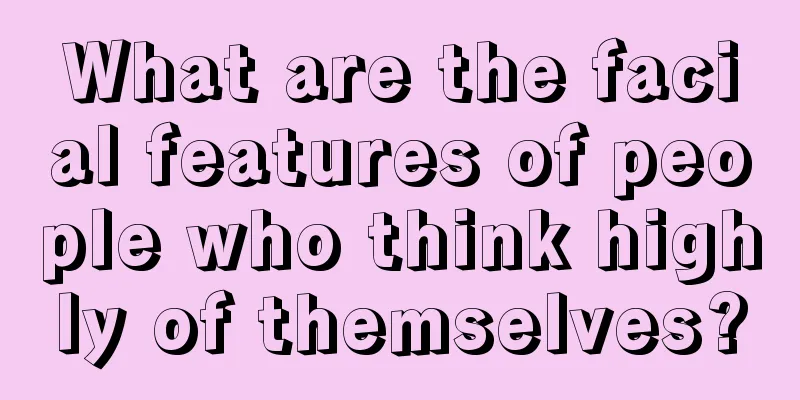Fintech firm Circle brings social payments to the UK
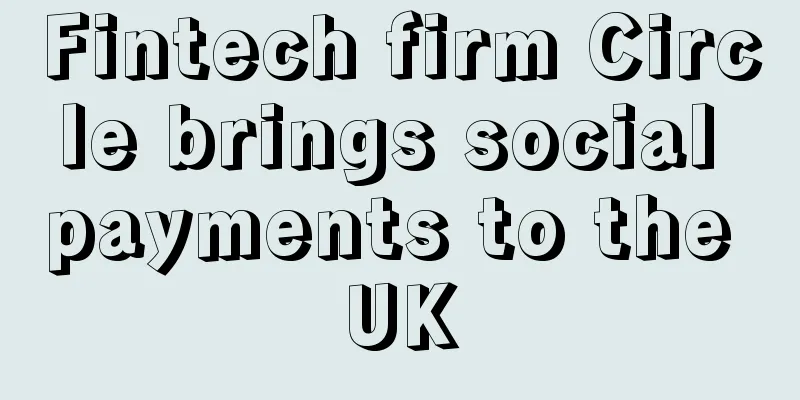
Translation: Nicole Last week, fintech company Circle announced support for British pound payments on its social payments app, using bitcoin and blockchain technology to conduct transactions. Following the launch of U.S. dollar payments, Circle now allows individuals to pay in British pounds, easily overcoming currency barriers and continuing to do so without fees. The Boston-based company has reduced or eliminated currency restrictions for consumers in the more than 150 countries where Circle is available. Jeremy Allaire Circle CEO Jeremy Allaire said in an interview with Forbes:
Circle has partnered with Barclays to provide the company with an account for consumers to store British pounds and to provide the infrastructure to transfer funds between UK bank accounts. A Barclays spokesperson said in a statement to Reuters:
As a precedent for digital currency companies, the UK Market Conduct Authority (also the first company to obtain a Bitcoin license from New York) issued Circle an electronic money certificate, which Forbes reported allows Circle to hold British pounds, facilitate payments for consumer and commercial activities, operate a currency exchange and facilitate the circulation of British pounds globally. The magazine (Forbes) also noted that Circle received EU-wide authorization, allowing Circle to be issued throughout Europe. Allaire told Forbes magazine:
With Circle Payments, users can transfer money by sending personalized messages with pictures, emojis and animated graphics, just like Chinese social payment apps such as WeChat Pay and Alipay. Allaire told Reuters:
500 million people in China use social payment methods, but such services have not really appeared in the West. Allaire said in an interview with TechCrunch:
However, he considers PayPal's Venmo, an innovative company that supports multiple payments, to be a current competitor in the US, although he believes PayPal is not yet able to achieve "payments everywhere like traditional web applications." Allaire told Forbes that Circle's advantage is that it's not a closed system. "Venmo is only available to people who download it." In contrast, Circle users can send funds to any email address or phone number, regardless of whether the recipient has a Circle account. Circle is launching an international app across multiple currencies, Allaire told Forbes:
The ultimate goal of blockchain is to enable individuals to conduct transactions on applications. Allaire told the magazine:
TechCrunch reports that Circle, which has raised nearly $75 billion, is not yet profitable because it doesn’t charge any fees. Allaire told the publication that digital money transfers shouldn’t be charged fees, and instead, a socially useful app would have consumers pay for other features once they rely on Circle for their primary money transfers. Allaire told TechCrunch:
Allaire told Forbes that Circle sees the potential to increase revenue from the time value of money, "which is 'I don't have money right now, but I need money right now, and I'm willing to pay a certain amount to get it right now, which is a credit card, a loan. The other side is 'I have money right now, but I don't need it right now, and if someone is willing to pay a certain amount to lend me my money for a certain period of time, I'm willing to lend it to them.' In the consumer and enterprise economy, the time value of money creates real economic value. That's what we love to see. |
<<: How R3 and major banks are creating a new form of distributed ledger
>>: How far are smart contracts from real-world laws?
Recommend
What is your baby's fate according to his face?
What is your baby's fate according to his fac...
Do you know what the different philtrum of a man represent?
Have you ever carefully observed your philtrum wh...
How to know the fate of a man with a flat nose?
Analysis of the face of a man with a flat nose Me...
The face of a woman destined to remarry
The face of a woman destined to remarry Forehead ...
The fate of a woman with messy eyebrows Is it good for a woman to have messy eyebrows
Women with messy eyebrows have stagnant careers T...
How moles on your face can tell your fate
How moles on your face can tell your fate Stateme...
What kind of people are unacceptable?
As the saying goes: rely on your parents at home ...
The forehead can tell whether your innate fortune is good or not
The forehead can tell whether your innate fortune...
Are people with full foreheads more likely to succeed than others? People with full foreheads have better luck.
1. People with full foreheads are smart People wi...
ECB announces rate hike in July, Bitcoin defends $30,000
On Thursday, CNN reported that the European Centr...
Teach you how to tell which face is destined to be rich
Everyone wants to be rich and prosperous, but wha...
Men with moles on their buttocks can achieve great things
Moles are a physiological phenomenon of the human...
Filecoin mainnet finally launched, spot price plummeted 60% in half an hour
"Ten years have passed since the sword was s...
Is it good for people to have asymmetrical facial features?
In physiognomy, we can judge a person's fortu...
What kind of people are best at writing essays that get full marks in the college entrance examination?
The college entrance examination is a war where t...
